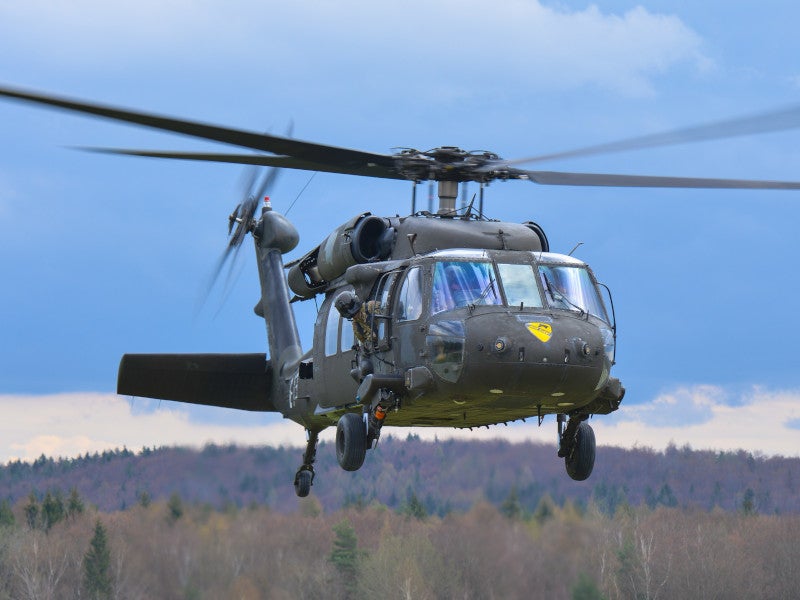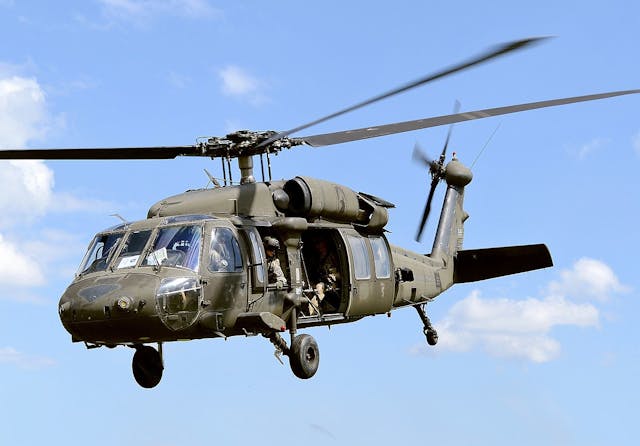UH 60 Technical Specs and Efficiency Review
UH 60 Technical Specs and Efficiency Review
Blog Article
The Role of Aircraft fit Worldwide Transportation and Profession Characteristics
The advancement of airplane has indelibly changed global transport and profession characteristics, helping with unmatched levels of connection and efficiency. Through the facility of robust air freight networks, companies can now navigate international markets with remarkable speed and agility, consequently redefining supply chain techniques. Nonetheless, this improvement is not without its obstacles, as the aeronautics sector comes to grips with sustainability worries and governing stress. As we explore the diverse impacts of aircraft on global profession, it is essential to take into consideration just how these aspects will certainly shape the future landscape of aeronautics and its duty in the economic climate.

Evolution of Air Transportation
The evolution of air transport has actually been marked by substantial technological advancements and technologies that have transformed the means people and items relocate throughout the globe. From the Wright bros' first powered trip in 1903 to the advancement of supersonic jets, each landmark has underscored the ruthless pursuit of performance and speed in flight. Early aircraft were mostly rudimentary, restricted by engine power and architectural integrity. The introduction of advanced products and the rules of aerodynamics in the mid-20th century led to substantial renovations in airplane dependability, efficiency, and security.
The latter part of the 20th century witnessed the emergence of commercial aviation as a viable mode of transport, defined by the introduction of jet engines, which transformed air traveling by substantially lowering trip times. Furthermore, advancements in navigation and communication innovations have enhanced operational performance and safety and security, enabling for even more complex trip paths and timetables. The surge of air freight in parallel with traveler services has actually additionally underscored the convenience of aviation. As we aim to the future, arising modern technologies such as electrical and self-governing aircraft promise to redefine the air transport landscape, making sure continued advancement and adaptation to global needs.
Effect On Global Trade
Air transport has exceptionally improved global trade by facilitating the swift motion of products across huge ranges. This expedited logistics ability permits companies to respond swiftly to market demands, thus enhancing supply chain efficiency. The ability to carry perishable goods, high-value products, and time-sensitive items has actually opened new markets and chances for numerous industries, substantially affecting profession patterns.
Furthermore, the advancement of air freight networks has actually fostered globalization, allowing business to resource products and items from various parts of the globe flawlessly. This interconnectedness reduces lead times and expenses, enabling companies to stay affordable in a significantly global marketplace. Additionally, air transport plays an essential role in e-commerce, where customer assumptions for rapid distribution have actually driven a rise popular for air freight solutions.
The influence of airplane on worldwide trade includes the creation of tactical trade routes, connecting areas and assisting in worldwide partnerships. Countries that purchase air transportation framework usually experience boosted financial development and boosted international straight investment. In general, the development of air transport has not just transformed the logistics landscape but has additionally come to be a crucial element in the dynamics look at this website of global trade.

Economic Advantages of Aviation
A robust aeronautics sector creates significant financial advantages, contributing to task development, tourist, and general financial development - uh 60. The aeronautics industry sustains numerous jobs globally, ranging from straight work in airlines and flight terminals to indirect roles in industries such as friendliness, transport, and logistics. According to sector records, for every single task in the aeronautics sector, roughly 3.5 added jobs are produced in the wider economic situation
Tourist is a critical aspect of the financial advantages stemmed from air travel. Air travel facilitates worldwide tourist, permitting vacationers to explore diverse destinations, which in turn promotes local economic climates. Nations that spend in their aeronautics framework usually experience increased tourist arrivals, resulting in greater investing on solutions such as destinations, hotels, and restaurants.

Moreover, aviation boosts worldwide connection, allowing businesses to access brand-new markets and resources effectively. As an outcome, markets such as e-commerce and production benefit greatly from reliable air transport, further driving financial development.
Challenges Encountering the Air Travel Industry
Navigating a complicated landscape of governing, ecological, and economic difficulties, the aeronautics industry deals with significant obstacles that intimidate its sustainability and development. Regulations surrounding safety and security and security are continuously progressing, necessitating continuous conformity and adaptation from suppliers and airlines (uh 60). This can lead to boosted operational expenses and source allocation that diminishes advancement and growth initiatives
In addition, environmental issues have ended up being extremely important, with growing scrutiny over carbon emissions and sound pollution. The industry is under stress to adopt greener technologies and practices, which commonly require substantial investment in study and development. Balancing these environmental responsibilities with the demand for flight offers a substantial challenge.
Economic fluctuations, such as rising gas rates and geopolitical unpredictabilities, additionally complicate the landscape. Airlines frequently come to grips with unpredictable operating expense and changing traveler demand, which can affect profitability and lasting preparation. Labor lacks and skill gaps in critical locations include one more layer of complexity, preventing functional effectiveness.
Eventually, attending to these diverse obstacles is important for the air travel industry to company website preserve its essential function in global transportation and profession, while making sure durability and versatility in an site here increasingly affordable market.
Future Patterns in Air Traveling
Moving and emerging technologies customer choices are poised to improve the future of flight significantly. The assimilation of man-made knowledge and device learning is expected to improve functional performance, enhance airport terminal processes, and boost customer care. Predictive analytics will certainly promote a lot more precise need forecasting, allowing airline companies to enhance trip timetables and prices versions.
Sustainability is becoming a crucial driver in flight, with the aviation market increasingly concentrated on decreasing carbon exhausts. Innovations in airplane design, such as electric and hybrid propulsion systems, are being discovered to meet environmental targets. The adoption of sustainable aeronautics gas (SAFs) is expected to play a vital duty in attaining net-zero exhausts by 2050.
Consumer preferences are moving in the direction of personalized travel experiences. Airlines are buying advanced data analytics to tailor services and improve client engagement, guaranteeing a more customized journey from booking to arrival. In addition, the surge of remote job might lead to enhanced demand for recreation traveling, as people look for to incorporate job and holiday.
Verdict
The evolution of air transport has changed global profession, generating significant economic benefits while also presenting obstacles that need tactical management. The continuous adaptation of the air travel industry will certainly be necessary for sustaining its payments to the global economic climate.
The last part of the 20th century observed the development of business air travel as a sensible mode of transportation, defined by the introduction of jet engines, which reinvented air traveling by significantly decreasing trip times. The rise of air cargo in parallel with guest solutions has additionally emphasized the adaptability of air travel. In addition, air transport plays a vital duty in e-commerce, where consumer assumptions for rapid distribution have driven a surge in need for air products solutions.
In general, the advancement of air transportation has not only changed the logistics landscape but has likewise become a crucial part in the dynamics of international profession.
Sustainability is coming to be a crucial vehicle driver in air travel, with the air travel market progressively concentrated on lowering carbon exhausts.
Report this page